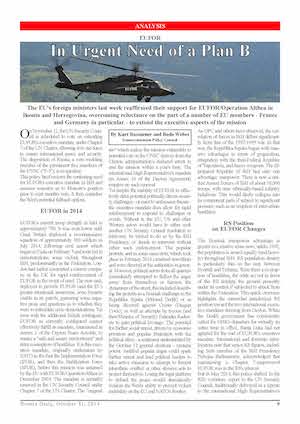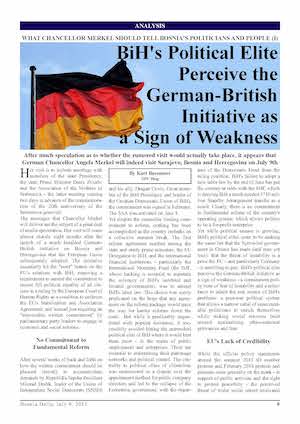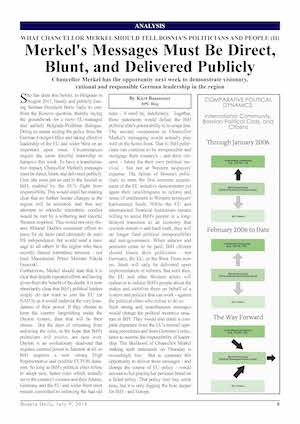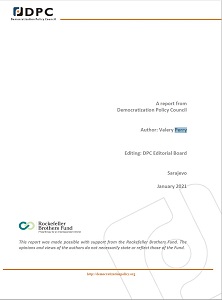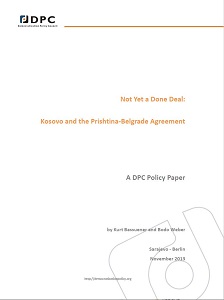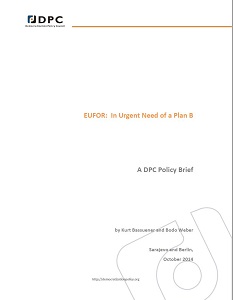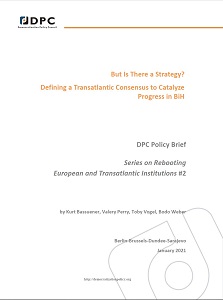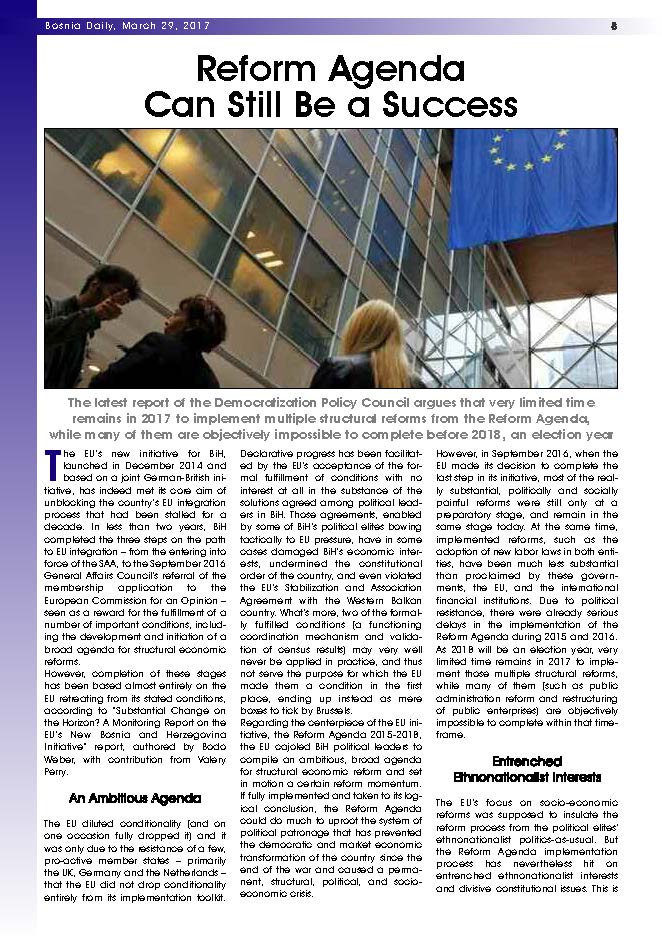
DPC BOSNIA DAILY: Reform Agenda Can Still Be a Success
DPC BOSNIA DAILY: Reform Agenda Can Still Be a Success
Keywords: BiH; reform; agenda; EU integration; initiative; ethnonationalist Interests; political will;
Bosnia Daily: March 29, 2017 – Reform Agenda Can Still be a Success
More...
